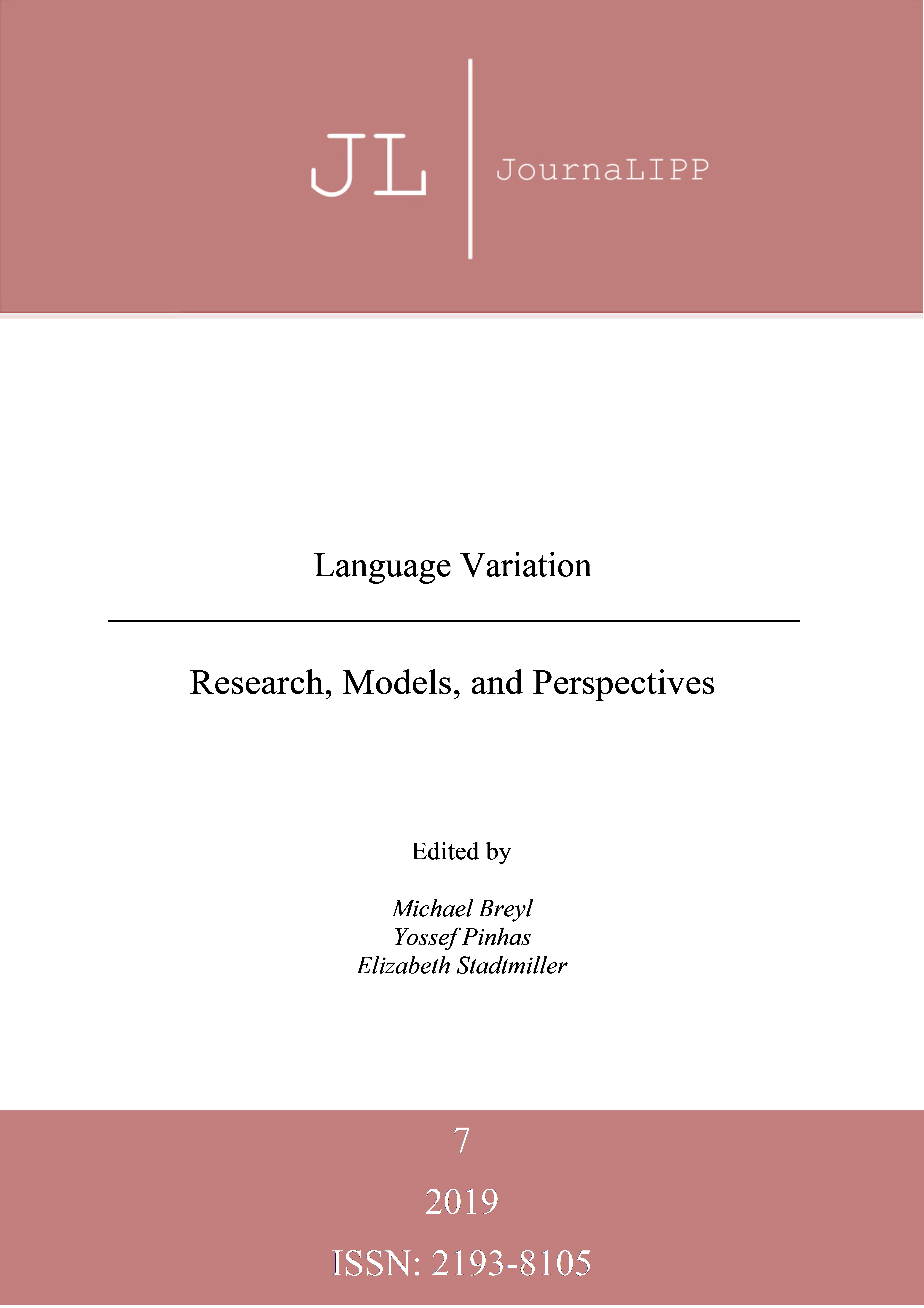Abstract
The present study is concerned with the link between political affiliation and linguistic variation on lexical as well as sublexical levels on Twitter, with a focus on tweets regarding the 2016 US elections. Linguistic variation depends on a variety of factors and reasons, including social identities. As previous research has shown, political affiliation and associated sociolinguistic variation can be both reflected in speech and in writing. Variables in the latter may even include sublexical features such as punctuation. This study examines two datasets of tweets, one from supporters of the presidential candidates Hillary Clinton and Donald Trump, and the other from Russian operatives engaging in a misinformation campaign, as to their lexical variation in the text, variation in the use of emojis and hashtags as potentially metatextual features and variation in the use of punctuation as a sublexical feature. The results show that the Russian tweets have their own, distinct features, while tweets from Trump and Clinton supporters are remarkably alike.
Keywords: sociolinguistics, social media, twitter, variation, metatextual features


